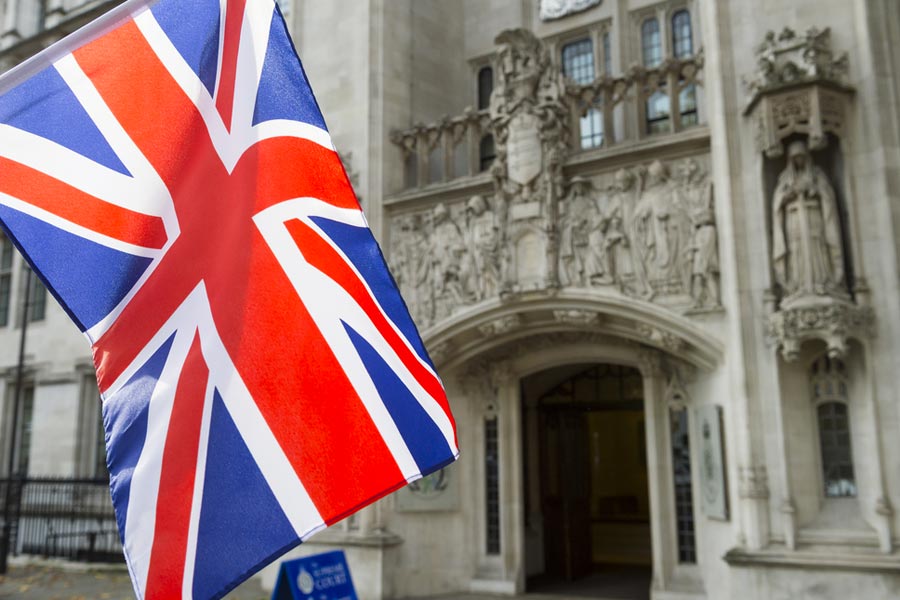A British court ruled Thursday that a government plan to send asylum-seekers to Rwanda in an attempt to deter migrants from making risky journeys across the English Channel is unlawful.
Court of Appeal judges said Rwanda could not be considered a “safe third country” where migrants could be sent.
The government is likely to challenge the ruling at the UK Supreme Court.
The Conservative government of Prime Minister Rishi Sunak has pledged to “stop the boats” -– the overcrowded dinghies and other small craft that make the journey from northern France carrying migrants who hope to live in the UK More than 45,000 people arrived in Britain across the Channel in 2022, and several died in the attempt.
The UK and Rwandan governments agreed more than a year ago that some migrants who arrive in the UK as stowaways or in small boats would be sent to Rwanda, where their asylum claims would be processed. Those granted asylum would stay in the East African country rather than return to Britain.
The UK government argues that the policy will deter criminal gangs that ferry migrants on hazardous journeys across one of the world's busiest shipping lanes.
Human rights groups say it is immoral and inhumane to send people more than 4,000 miles (6,400 kilometers) to a country they don't want to live in. They also cite Rwanda's poor human rights record, including allegations of torture and killings of government opponents.
Britain has already paid Rwanda 140 million pounds ($170 million) under the deal, but no one has yet been deported to Rwanda.
A lower court ruled in December that the policy is legal and didn't breach Britain's obligations under the UN Refugee Convention or other international agreements, rejecting a lawsuit from several asylum-seekers, aid groups and a border officials' union.
But the court allowed the claimants to challenge that decision on issues including whether the plan is “systemically unfair” and whether asylum-seekers would be safe in Rwanda.











